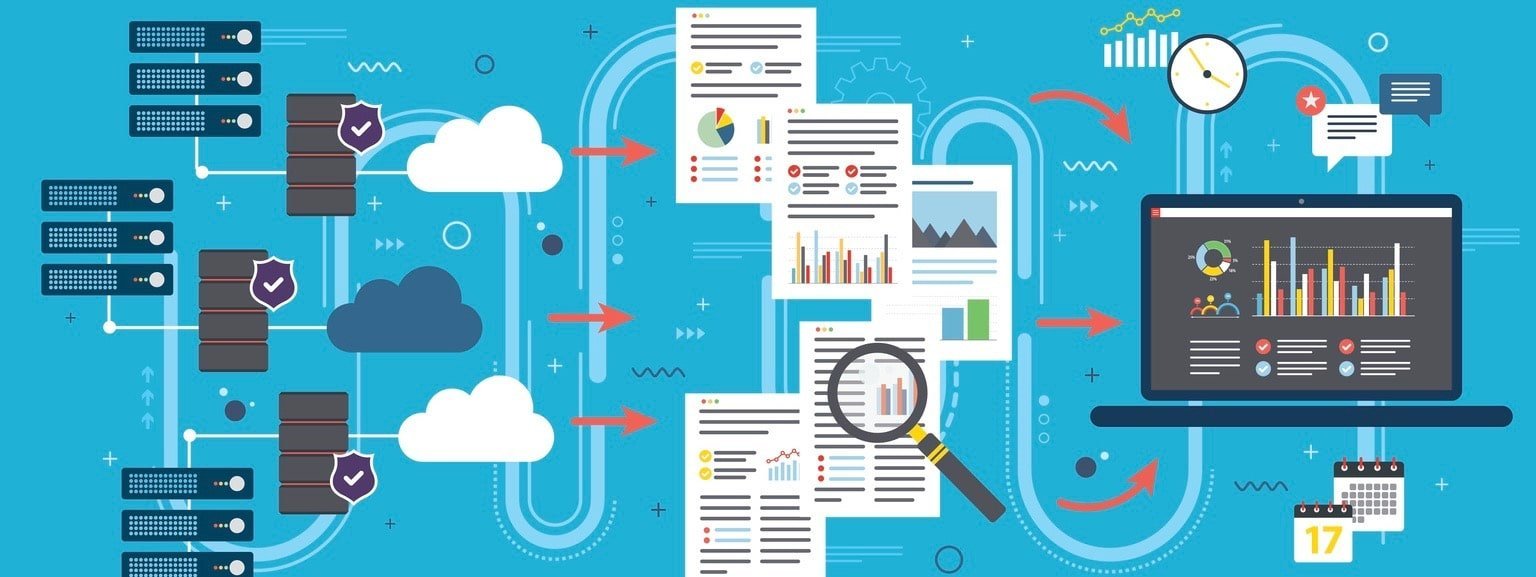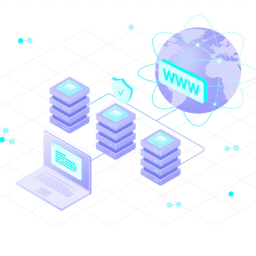How Our B2C Data Can Help Skyrocket Your Customer Conversion Rate
In today’s highly competitive digital landscape, businesses are constantly striving to increase their customer conversion rates. One effective way to achieve this is by harnessing the power of B2C data. By leveraging customer data effectively, companies can gain valuable insights into consumer behavior, preferences, and purchasing patterns. In this article, we will explore how B2C data can be used to skyrocket your customer conversion rate.
Understanding B2C Data
B2C data refers to the information collected from interactions with individual consumers in a business-to-consumer (B2C) environment. This data includes customer demographics, browsing history, purchase behavior, social media interactions, and more. By analyzing and understanding this data, businesses can gain valuable insights into their customers’ preferences and needs.
The Importance of a High Conversion rate
The customer conversion rate is a critical metric that measures the percentage of website visitors or leads who take the desired action, such as making a purchase, subscribing to a service, or filling out a contact form. A high conversion rate indicates an effective marketing strategy and a strong connection with the target audience. By focusing on improving the conversion rate, businesses can maximize their return on investment (ROI) and drive sustainable growth.
Leveraging Our B2C Data for improved conversion
One of the key benefits of utilizing B2C data is gaining insights into customer preferences. By analyzing data related to past purchases, browsing behavior, and feedback, businesses can understand what products or services resonate most with their target audience. This information allows them to tailor their offerings and marketing campaigns to meet customer expectations, leading to higher conversion rates.
Personalization is a powerful tool for improving conversion rates. B2C data enables businesses to create personalized marketing campaigns that speak directly to individual customers. By delivering relevant content, product recommendations, and offers based on customers’ past interactions, businesses can increase engagement and conversion rates. Personalized emails, targeted ads, and customized landing pages are just a few examples of how B2C data can be leveraged to create personalized experiences.
A seamless customer experience is crucial for driving conversions. B2C data can help businesses understand the customer journey, identify pain points, and optimize every touchpoint. By analyzing data related to website navigation, user behavior, and feedback, businesses can make data-driven improvements to their website design, user interface, and overall customer experience. A smooth and intuitive experience leads to higher customer satisfaction, trust, and ultimately, better conversion rates.
Predictive analytics is a powerful technique that uses historical data to make accurate predictions about future customer behavior. By analyzing B2C data, businesses can identify patterns, trends, and correlations that can be used to predict which customers are most likely to convert. This allows businesses to focus their marketing efforts on high-potential leads, increasing the chances of conversion and optimizing marketing budgets.
Implementing B2C Data Strategies
To harness the power of B2C data, businesses need to implement robust data collection and analysis strategies. This involves setting up data collection mechanisms such as website analytics tools, customer relationship management (CRM) systems, and surveys. Once the data is collected, businesses must invest in data analysis tools and resources to extract meaningful insights and identify actionable strategies for improving conversion rates.
As businesses collect and store customer data, ensuring data privacy and security is paramount. Companies must comply with relevant data protection regulations and implement appropriate security measures to safeguard customer information. By prioritizing data privacy, businesses can build trust with their customers and foster a positive brand image.
Leveraging B2C data requires expertise in data analysis and interpretation. Businesses can benefit from collaborating with data experts, such as data scientists or analysts, who can help extract valuable insights and guide strategic decision-making. Partnering with data experts (like us!) ensures that businesses make the most of their B2C data and optimize their conversion rates effectively.
The Future of B2C Data & Conversion
As technology continues to advance, the importance of B2C data in driving conversion rates will only grow. With the rise of artificial intelligence, machine learning, and predictive analytics, businesses will have even more sophisticated tools at their disposal to leverage B2C data effectively. By staying ahead of these trends and continuously adapting their strategies, businesses can ensure long-term success and maintain a competitive edge.
Frequently Asked Questions (FAQs)
Q: How does B2C data differ from B2B data?
B2C data refers to information collected from interactions with individual consumers in a business-to-consumer environment. On the other hand, B2B data relates to interactions between businesses. B2C data focuses on understanding consumer behavior, preferences, and purchasing patterns, while B2B data revolves around business relationships, industry trends, and corporate decision-making.
Q: What are some common challenges in leveraging B2C data for conversion optimization?
Some common challenges include data privacy concerns, data quality and accuracy, data integration from various sources, and the need for data analysis expertise. Overcoming these challenges requires implementing robust data privacy measures, ensuring data accuracy through regular maintenance, integrating data systems effectively, and collaborating with data experts to extract valuable insights.
Q: Is it necessary to have a large customer database to benefit from B2C data?
While a large customer database can provide more extensive insights, businesses can still benefit from B2C data with a smaller customer base. It’s essential to focus on the quality and relevance of the data rather than solely relying on its volume. Even with a limited dataset, businesses can extract valuable insights and make data-driven decisions to improve their conversion rates.
Q: How can B2C data help in identifying potential leads?
B2C data offers valuable insights into customer behavior and preferences, enabling businesses to identify potential leads. By analyzing browsing history, engagement with marketing campaigns, and purchase patterns, businesses can identify customers who exhibit characteristics of high-potential leads. This information can then be used to target those leads with personalized marketing efforts, increasing the chances of conversion.
Q: What steps should businesses take to ensure data privacy compliance?
To ensure data privacy compliance, businesses should prioritize the implementation of data protection measures. This includes obtaining explicit consent from customers for data collection and processing, implementing secure data storage and encryption protocols, regularly updating privacy policies, and complying with relevant data protection regulations such as GDPR (General Data Protection Regulation) or CCPA (California Consumer Privacy Act). Businesses should also educate their employees about data privacy best practices to maintain a strong data privacy culture.
Conclusion
Leveraging B2C data is a game-changer for businesses looking to skyrocket their customer conversion rates. By understanding customer preferences, personalizing marketing campaigns, enhancing the customer experience, and utilizing predictive analytics, companies can optimize their conversion rates and drive sustainable growth. The power of B2C data lies in its ability to provide valuable insights and enable data-driven decision-making.














